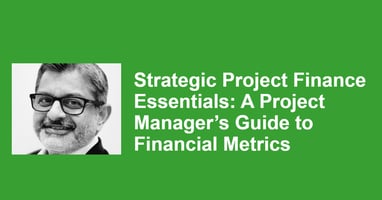For Sappi, sustainability is at the core of their business, from each tree harvested to every mill rebuilt. Learn how they’re unlocking the power of renewable resources to meet the needs of the planet and people while seeding prosperity for all.
We invite you to join us for a conversation with Sappi Sustainability and R&D leaders - Bernardo Semadeni, Director of Product Innovation, Beth Cormier, VP of Research, Development & Sustainability, and Krelyne Andrew, General Manager of Sustainability.
- During this webinar, we will hear how innovation and sustainability are rooted deep within the DNA of Sappi as a globally recognized leader in developing a circular economy – building on what they should – not just what they can.
- The team will share how Sappi balances growth and the need to act sustainably for people and the planet to develop products responsibly. And how they solve sustainability challenges with innovative partners and systems.
We hope this conversation inspires you to take action and thrive sustainably in 2023.










